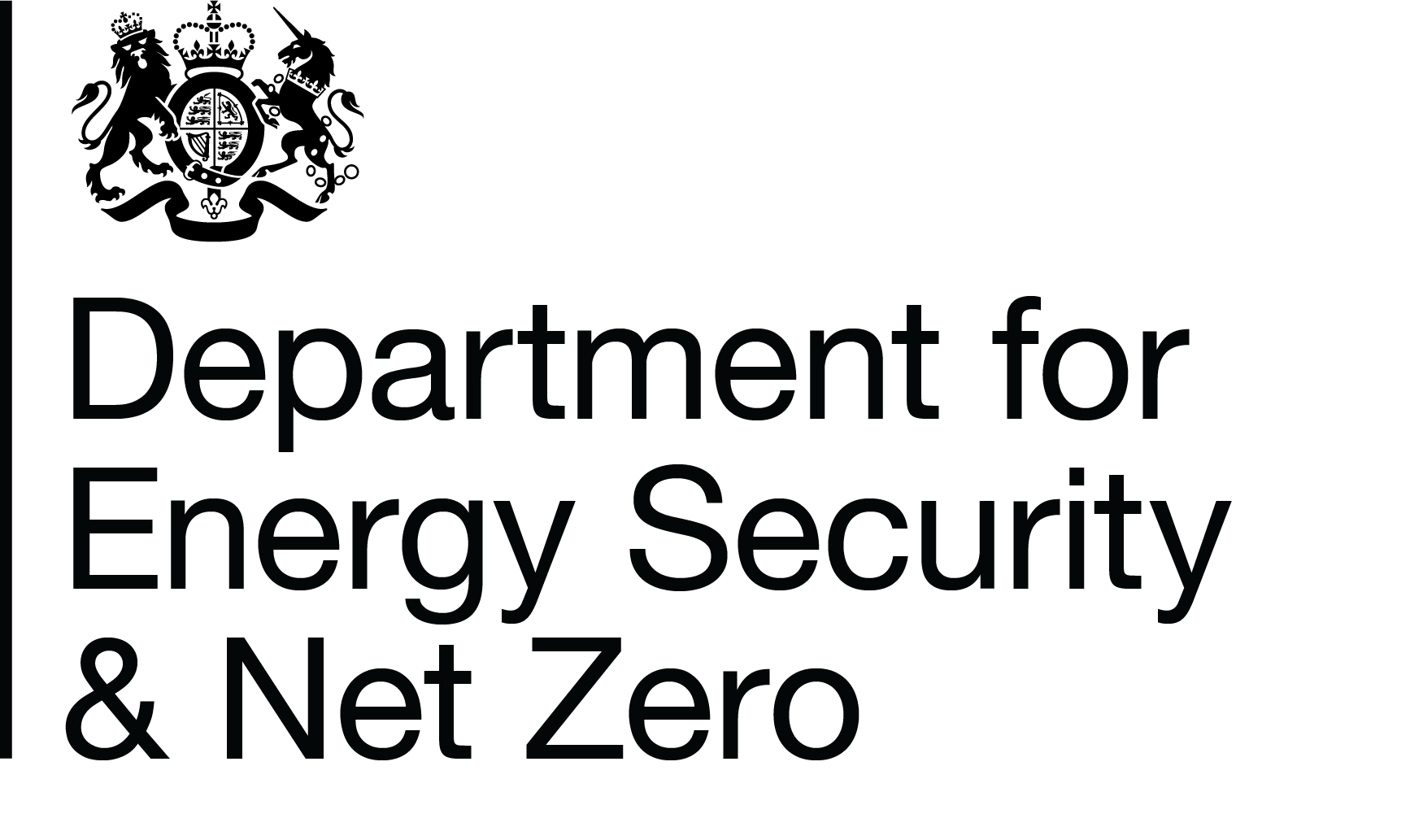Further Education Maintenance Loans
Results updated 26 Oct 2016
We have published a summary of the responses we received, along with the government’s response outlining the next steps.
Links:
Overview
We're seeking your views on introducing maintenance loans for higher level learners in technical and professional education. These would be on a par with the level of support available in Higher Education (HE); and support learners aged 19 plus studying at level 4 to level 6. Introducing maintenance loans would remove a key constraint for prospective learners – the up-front cost - and so increase the take-up of technical and professional learning in key sectors that are important to the economy.
We are particularly interested in view on the impact of the introduction of these loans in specialist colleges, the new National Colleges, and longer term, at the emerging Institutes of Technology.
The scope and eligibility for any such maintenance loans offer has yet to be determined and will be informed by the outcomes of this consultation.
Why your views matter
The evidence generated by the consultation will be crucial in helping Government to decide on whether to introduce a maintenance loans system for technical and professional learers. The policy is at an early stage of development and Government needs to gather data and views on whether the introduction of maintenance loans would represent good value for money for the taxpayer. And if so, how should this offer be best targeted at specialist institutions to deliver maximum impact, in terms of additional learners taking high quality skills courses.
What happens next
A summary of responses to the consultation and outline of next steps will be published within 12 weeks of the consultation closing. The consultation will inform the development of the policy and help Government to decide on the optimum implementation date, if appropriate, for the possible introduction of maintenance loans in technical and professional learning.
Audiences
- SMEs (small and medium businesses)
- Large businesses (over 250 staff)
- Trade bodies
- Medium business (50 to 250 staff)
- Micro business (up to 9 staff)
- Small business (10 to 49 staff)
- Further Education Colleges
- Further Education students
- FE press
- FE policy organisations
- Training Organisation
- Further Education sector representative body
- Universities
- Students
- University staff
- HE policy organisations
- HE journalists
- Learned societies
- University associations
- Scientists
- Higher Education institutions
- HE representative bodies
- Parents
- Students
Interests
- Further Education

Share
Share on Twitter Share on Facebook